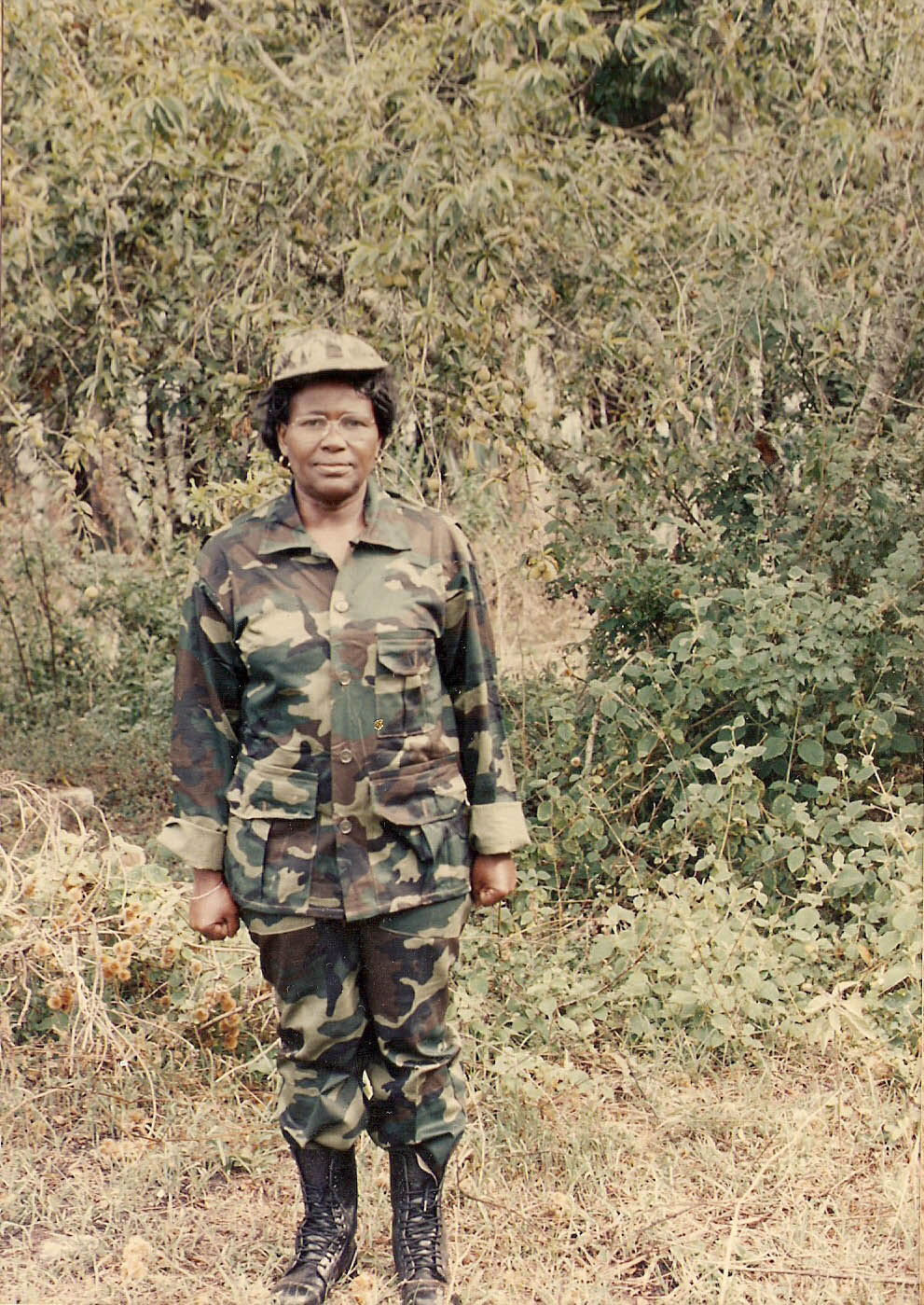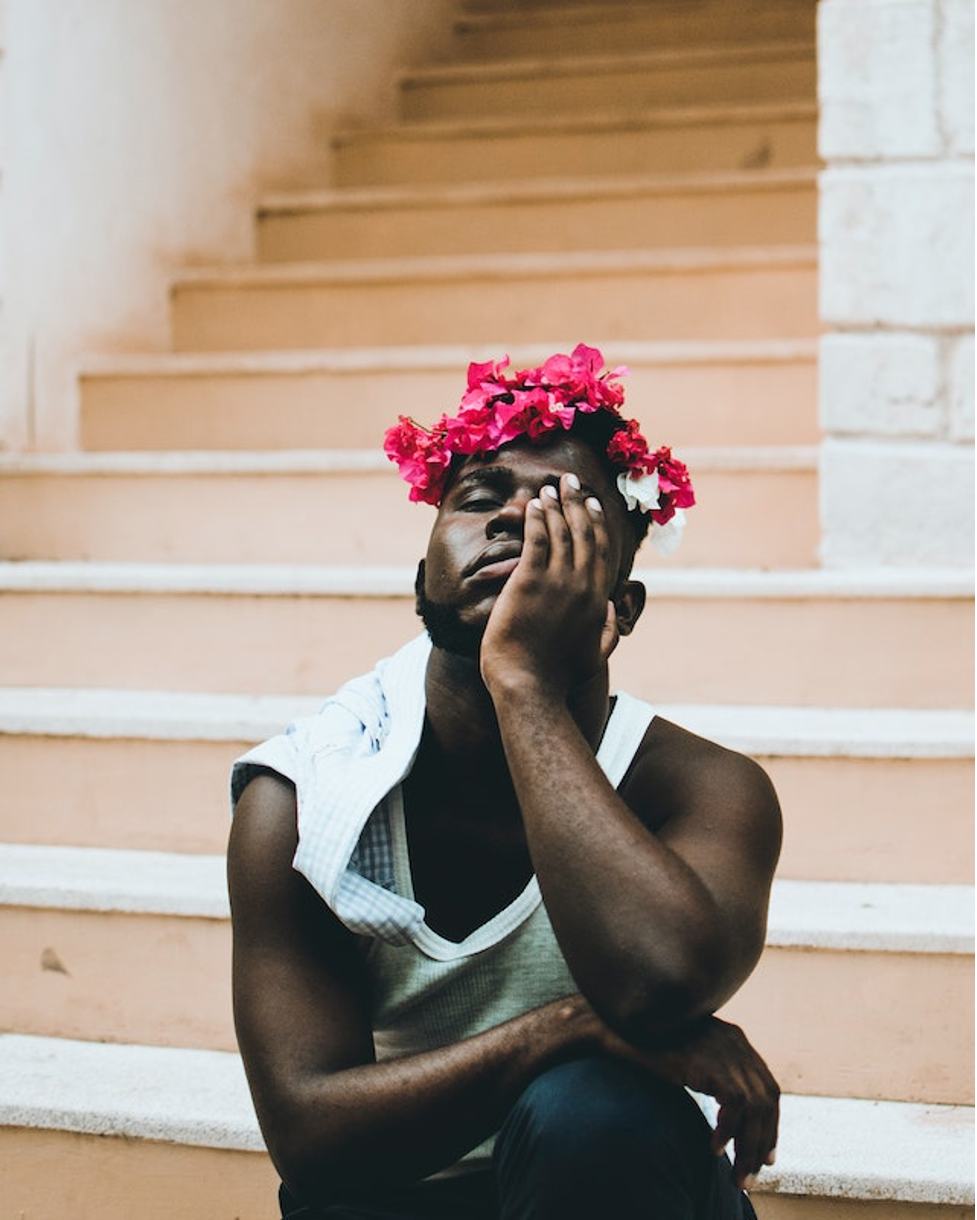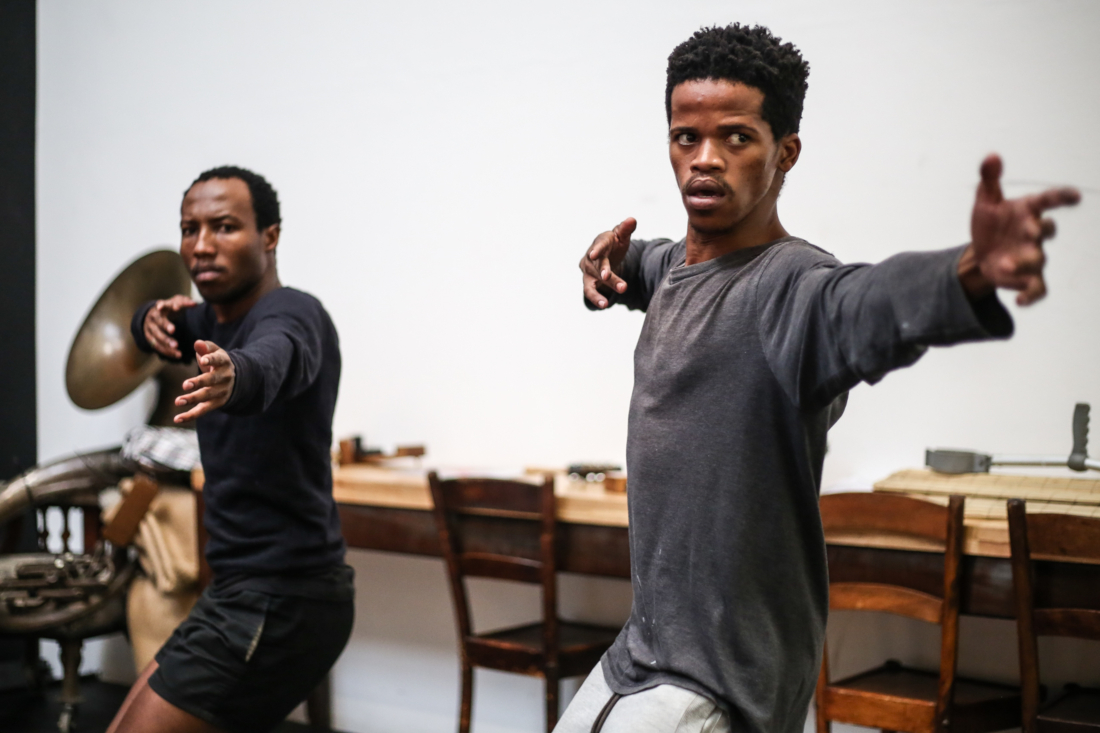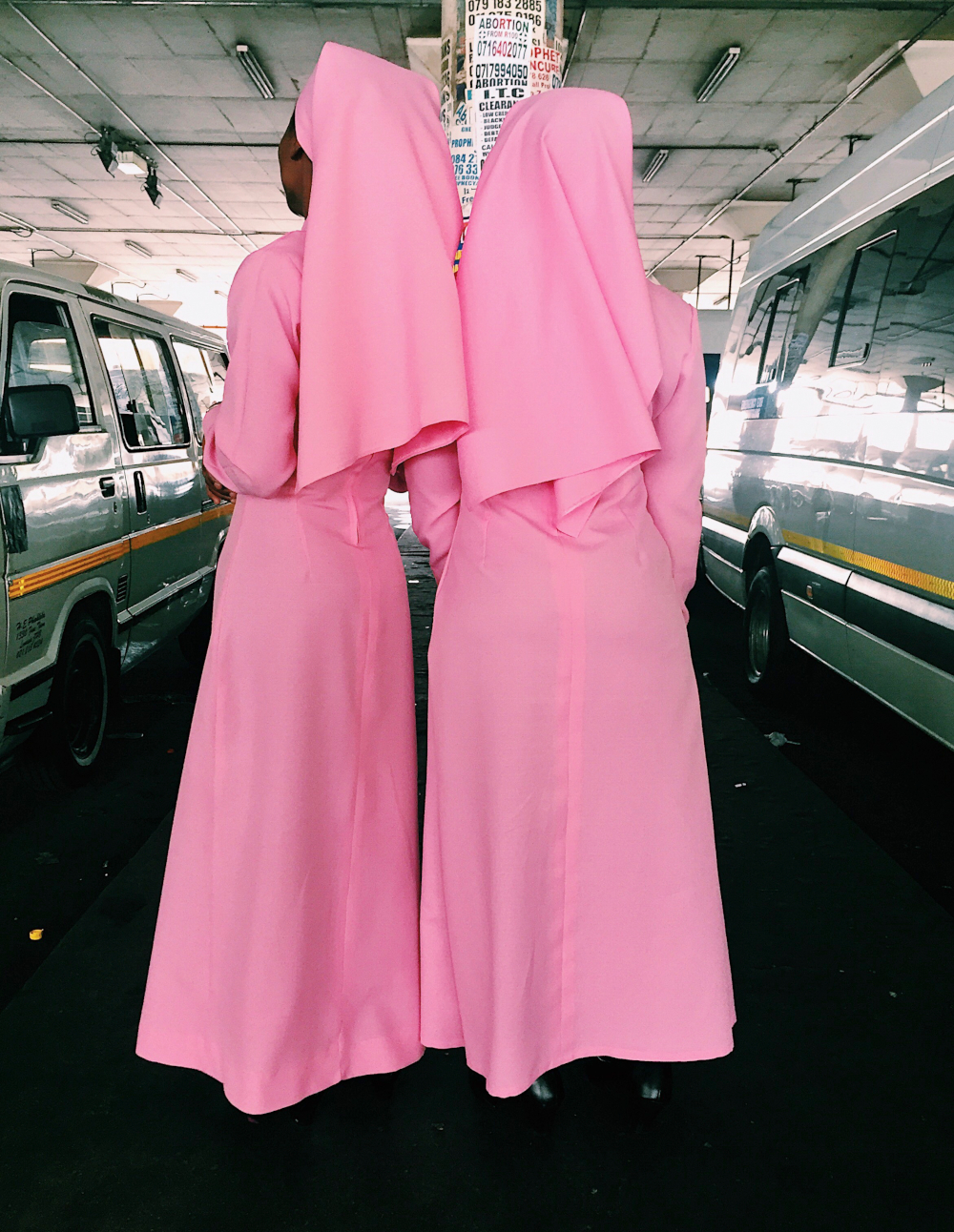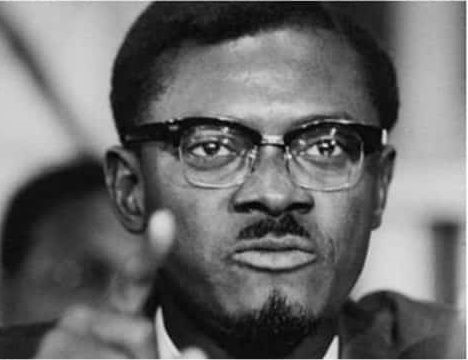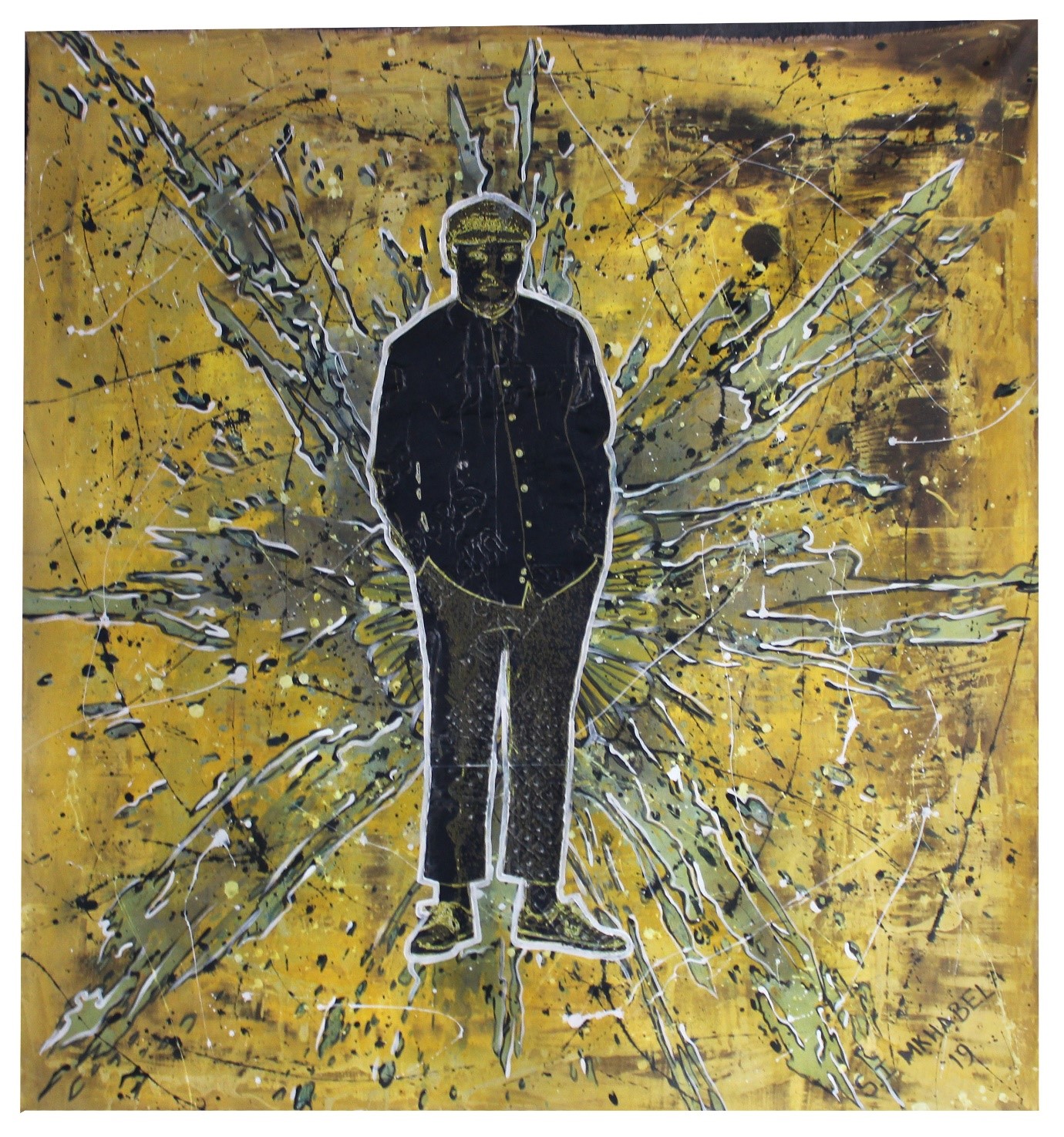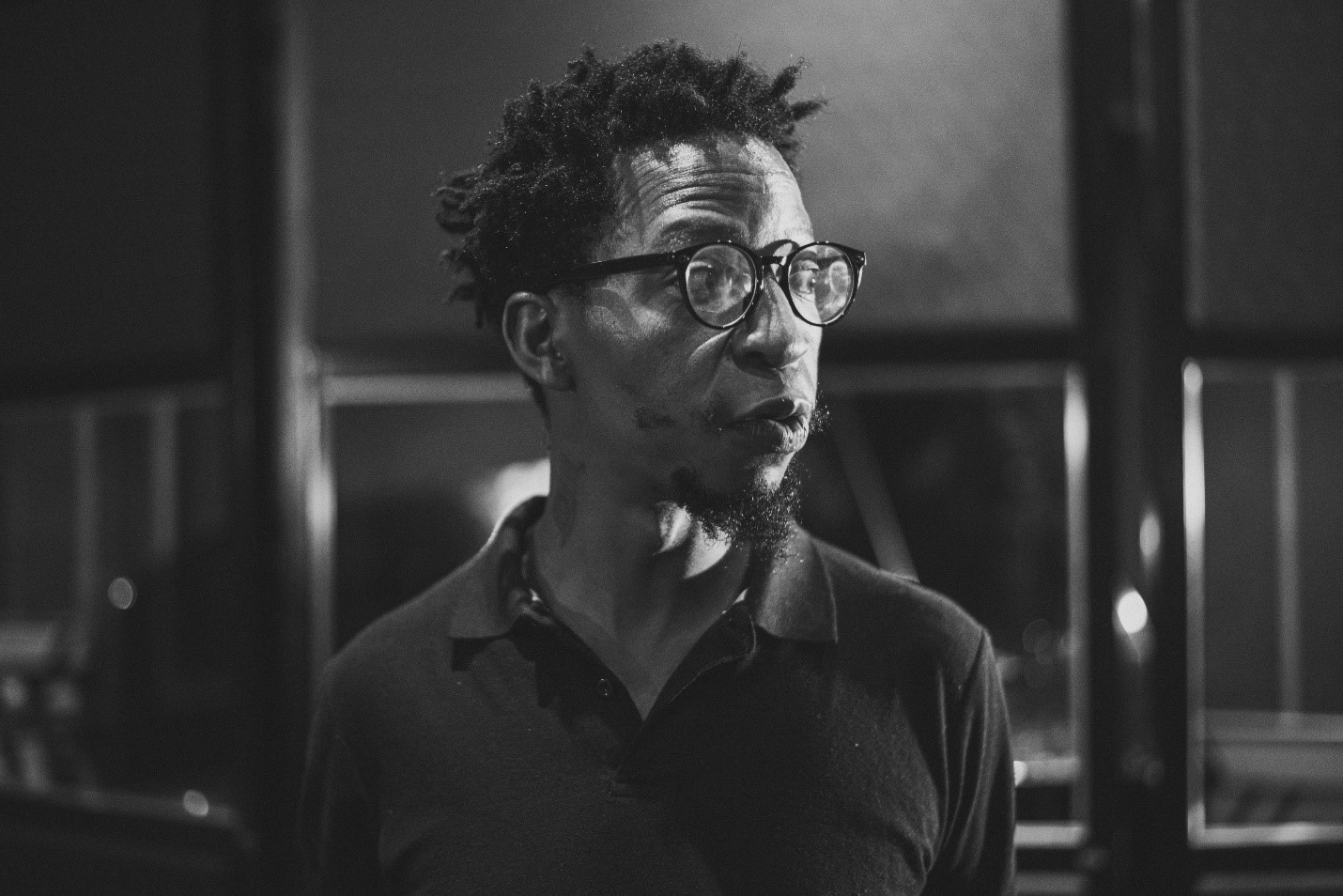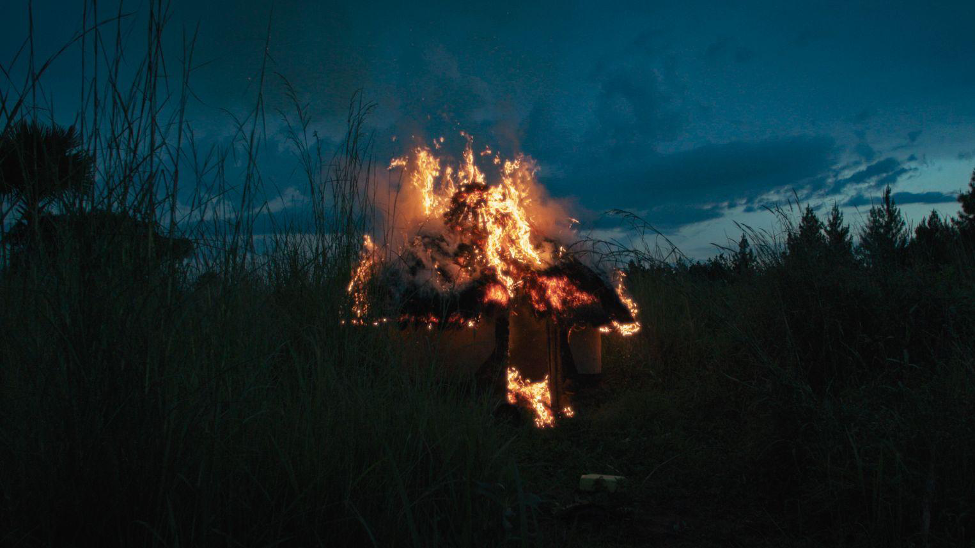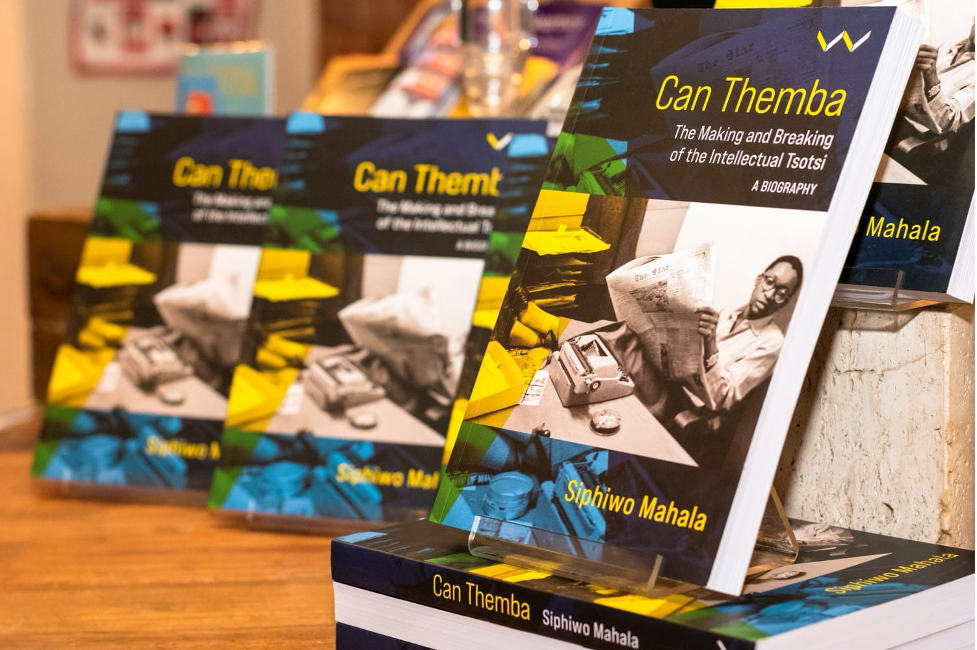On Sunday, 15 September 2019 members of the Azanian People’s Liberation Army Military Veterans Association (APLAMVA), who were previously combatants of the Azanian People’s Liberation Army, the former armed wing of the Pan Africanist
Congress of Azania, will celebrate the erstwhile liberation army’s 58th anniversary at Soweto’s Ipelegeng Community Centre in Jabavu.
Legions of Patriots
Founded as Poqo on 11 September 1961 in the aftermath of the brutal Sharpeville and Langa massacres of 1960 which resulted in the deaths of 69 Africans and the injury of hundreds others, Poqo, the frontrunner to APLA, “carried out a spate of attacks and operations across the country in the quest to end settler-colonial minority rule and to bring about the return of the land. In 1968 Poqo transitioned into APLA, and after the PAC-led June 16 uprisings of 1976, the army grew into a formidable force of disciplined courage. APLA combatants are remembered by many as legions of gallant patriots who were willing to lay down their lives for the people," says APLAMVA Joburg regional chairman, Ikey Isaacs.
They Fought for Freedom
“The APLA Day anniversary is one of the most memorable in the annual Africanist calendar. On this day we honour the fallen heroes of the Struggle, including the many Poqo combatants who were hanged by the settler regime. It is a great tragedy that many of the veterans who served and sacrificed for freedom are today socially and economically indigent. APLAMVA will rededicate itself to help safeguard their welfare and the interests of their families. They fought for freedom. They faced perhaps Africa’s greatest foe and together with the people, they triumphed. We urge the community to come forward and celebrate the heroes of the nation this Sunday,” adds Isaacs.
Date - Sunday, 15 September 2019 Venue - Ipelegeng Community Centre Times - 10am to 5pm

